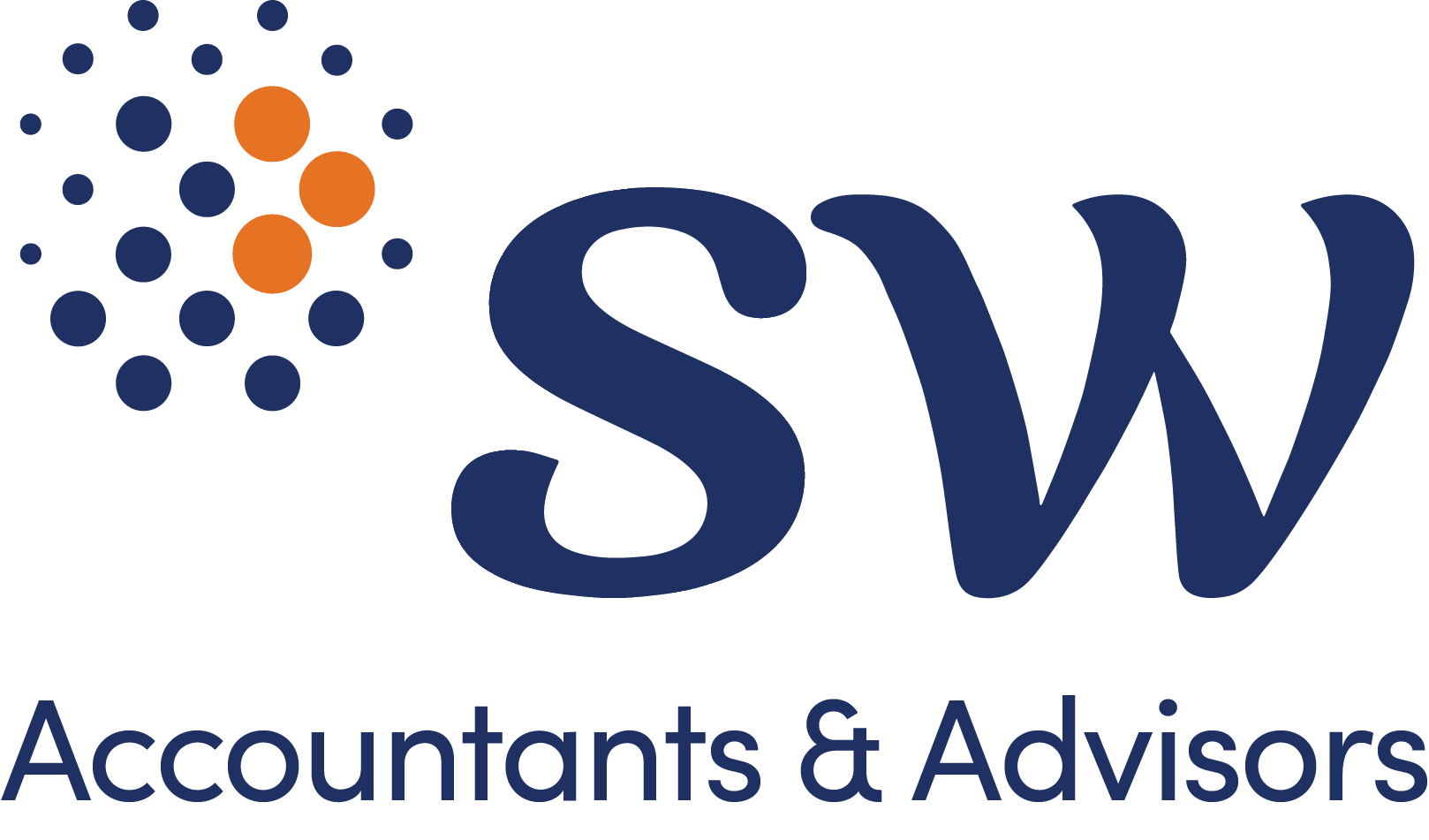
Car parking fringe benefit – draft tax ruling
11/12/2019
The Australian Taxation Office has released a draft taxation ruling which impacts businesses who provide car parking spaces to their employees.
Background
Businesses who provide car parking spaces for their employees, but do not currently pay fringe benefits tax (FBT) on this benefit, should assess the impact of the Australian Taxation Office’s (ATO) views set out in Draft Taxation Ruling TR 2019/D5 – Fringe benefits tax: car parking benefits.
One of the conditions that needs to be satisfied for a car parking fringe benefit to arise is the presence of a commercial car parking facility which charges more than the car parking threshold for the year, within a 1km radius of the work car park used by the employee.
The change
The ATO has withdrawn a 1996 Tax Ruling (TR 96/26) on car parking fringe benefits and published a new draft ruling, TR 2019/D5. The draft ruling clarifies what would be considered a commercial car parking facility for FBT purposes.
TR 96/26 did not treat car parks at shopping centres, hospitals and airports as “commercial” facilities for FBT purposes.
Specifically, paragraph 81 of TR 96/26 stated:
- We do not regard the following parking arrangements as constituting commercial parking stations:
- car parking facilities, with a primary purposes other than providing all-day parking, that usually charge penalty rates …. (such as parking provided for short term shoppers…)
In the draft ruling TR 2019/D5 paragraph 18 states:
- Similarly, if a car park allows all-day parking, but its fee structure discourages it with higher fees, the car park can still be considered commercial parking station if it satisfies other requirements.
Further the draft ruling goes on to say at paragraph 21 that:
- … A car parking facility may still qualify as a commercial parking station even if the facility has another purpose other than providing all-day parking, for example, it may also have a purpose of providing short term parking, such as hourly parking at a hospital, shopping centre, hotel, university or an airport.
The draft ruling therefore does not have a general exclusion for shopping centre carparks that provide free short-term parking for shoppers and charge higher rates for all-day parking.
To the contrary, it explicitly proposes to treat these carparks as commercial parking stations for FBT purposes.
In addition, according to the draft ruling, it appears that online platforms (e.g. Parkmonkey, Parkhound, etc.) which facilitate the booking of and payment for parking may be regarded by the ATO as commercial facilities for FBT purposes.
This is because the test under the draft ruling is whether the parking facility is run for a profit and in a businesslike manner.
These online platforms allow individuals to rent their car parking spaces to the public for a fee and operate in a commercial manner.
If this draft ruling indicates that these online parking platforms are commercial car parks, the areas where a commercial car park would lie within a 1km radius of a work car park would significantly increase.
Who does it impact?
Certain exempt employers and small businesses (generally where the employer’s turnover is <$10m) are not impacted by this draft ruling where they are eligible for the existing exemption from car parking fringe benefits.
However, if you are not an exempt employer or small business, the potential impact of this draft ruling should be assessed and if necessary a submission should be made to request clarity on whether such online platforms are considered commercial car parking facilities for FBT purposes.
This draft tax ruling is open for public consultation until 17 January 2020.
Get in touch
Contact one of our ShineWing Australia experts to discuss how TR 2019/D5 impacts your business and for support on preparing a submission for the ATO.
|
Rahul Sanghani |



